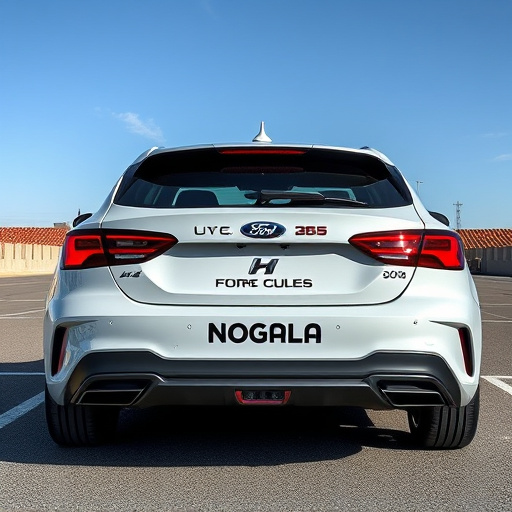Crafting custom quotes for protective coatings or vehicle wraps requires clarity and detail, including scope of work, materials, labor rates, discounts, legal protections, licensing, insurance, warranties, and industry standards. These tailored proposals build trust, ensure transparency, and foster stronger business relationships by accurately addressing client needs and adhering to legal requirements.
In the dynamic world of business, crafting and exchanging custom quotes is a critical aspect of fostering partnerships. This article delves into the intricate legal considerations surrounding the process, guiding you through essential aspects. We explore what constitutes a legally binding custom quote, highlighting key elements under contract law. Furthermore, we dissect potential risks and liabilities, emphasizing the need for accuracy and transparency. Best practices are offered to ensure compliance, including essential terms, clear communication, and record-keeping, with insights on when legal advice is paramount for complex scenarios.
- Understanding Custom Quote Requirements
- – Definition of a custom quote and its purpose in business transactions
- – Key elements that constitute a legally binding custom quote
Understanding Custom Quote Requirements

When crafting formal custom quotes, understanding the specific requirements is paramount. Custom quotes for services or products, such as those involving protective coatings or custom vehicle wraps, necessitate a clear and detailed breakdown of costs, terms, and conditions. This includes outlining the scope of work, materials used, labor rates, and any applicable discounts or promotions. Each element must be meticulously spelled out to ensure both parties are on the same page, avoiding potential misunderstandings later.
Moreover, the quote should consider legal protections for both the business offering the service and the client receiving it. This might include licensing requirements, insurance coverage, warranty details on high-quality finishes, and compliance with any relevant industry standards or regulations. Ensuring these aspects not only safeguards against legal issues but also fosters trust and transparency in the transaction, leading to a stronger and more durable relationship between the provider and the customer.
– Definition of a custom quote and its purpose in business transactions

In business transactions, a custom quote serves as a tailored proposal designed to meet the unique needs and specifications of a client. It differs from standard quotes in that it’s not a one-size-fits-all offer but rather a document created specifically for an individual or entity, often involving complex or specialized products or services. The primary purpose of a custom quote is to establish a clear understanding between the supplier and customer regarding the scope of work, pricing, and delivery terms. This is especially crucial in industries where vehicle enhancement and protection are paramount, ensuring clients receive tailored solutions featuring high-quality finishes that align with their requirements.
Custom quotes play a vital role in fostering trust and transparency between businesses. They allow suppliers to assess the project’s intricacies, consider various factors, and provide an accurate reflection of the work involved and its associated costs. For clients, it offers reassurance that they’re receiving a personalized service, ensuring their specific needs for vehicle enhancement or protection are addressed comprehensively without unnecessary additions or oversights.
– Key elements that constitute a legally binding custom quote

When crafting a custom quote for services or products, several key elements are essential to ensure its legality and enforceability. Firstly, it should clearly define the scope of work or goods, including detailed specifications such as materials used in cases of vehicle protection or ceramic coating services. This ensures both parties understand the exact nature of the transaction. Secondly, the quote must outline the pricing structure, whether it’s a fixed rate or an itemized list of costs, especially when offering services like window tinting.
Additionally, any terms and conditions specific to the industry or service should be clearly stated. For instance, warranties, return policies, or limitations of liability are crucial in custom quotes. These elements safeguard both the provider and the client, providing a clear framework for expectations and resolving potential disputes.
When crafting and sending formal custom quotes, understanding the legal implications is paramount. By ensuring your quotes include all necessary key elements and adhere to contractual best practices, you can protect both your business and your clients from potential disputes. Remember that clarity, transparency, and precision are essential in creating legally binding agreements through custom quotes.














